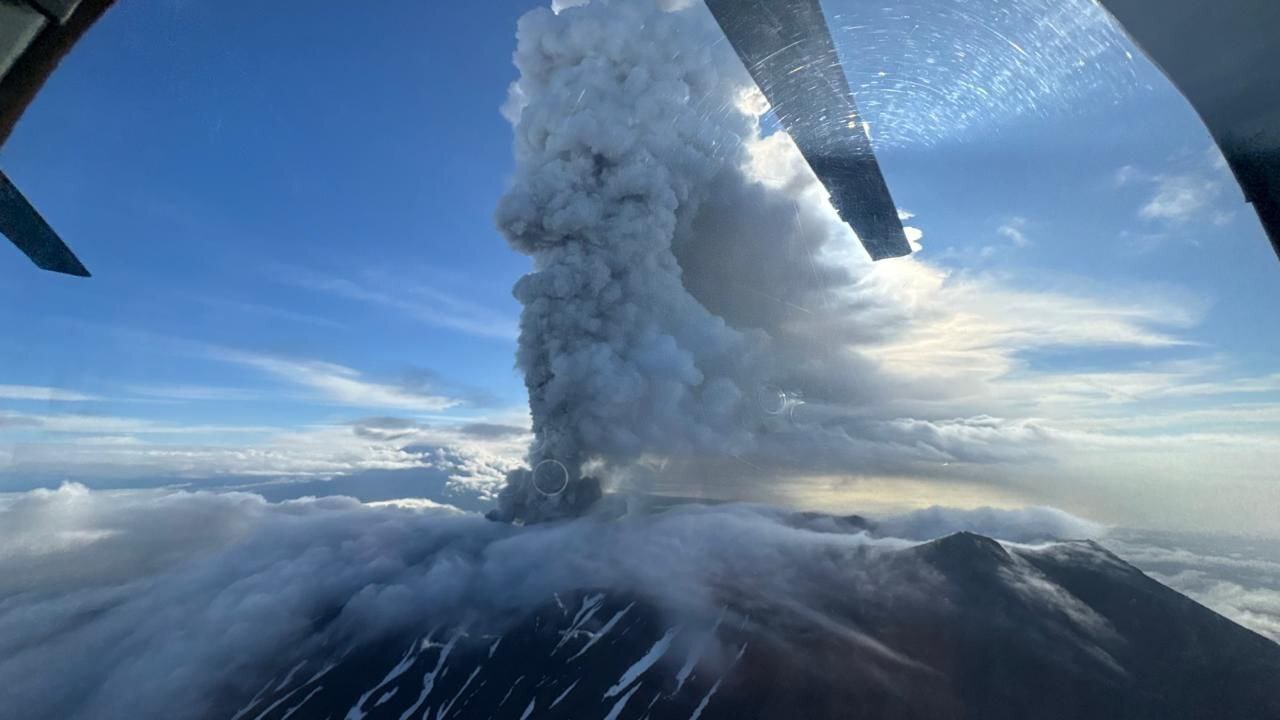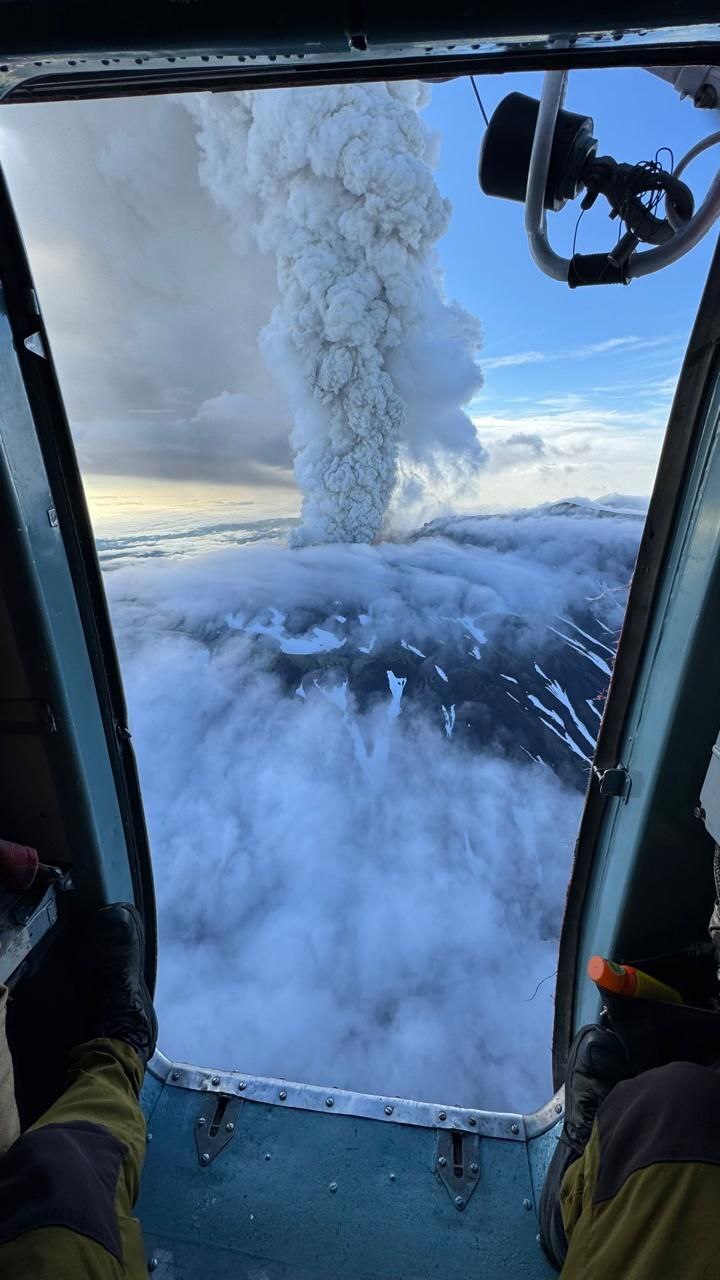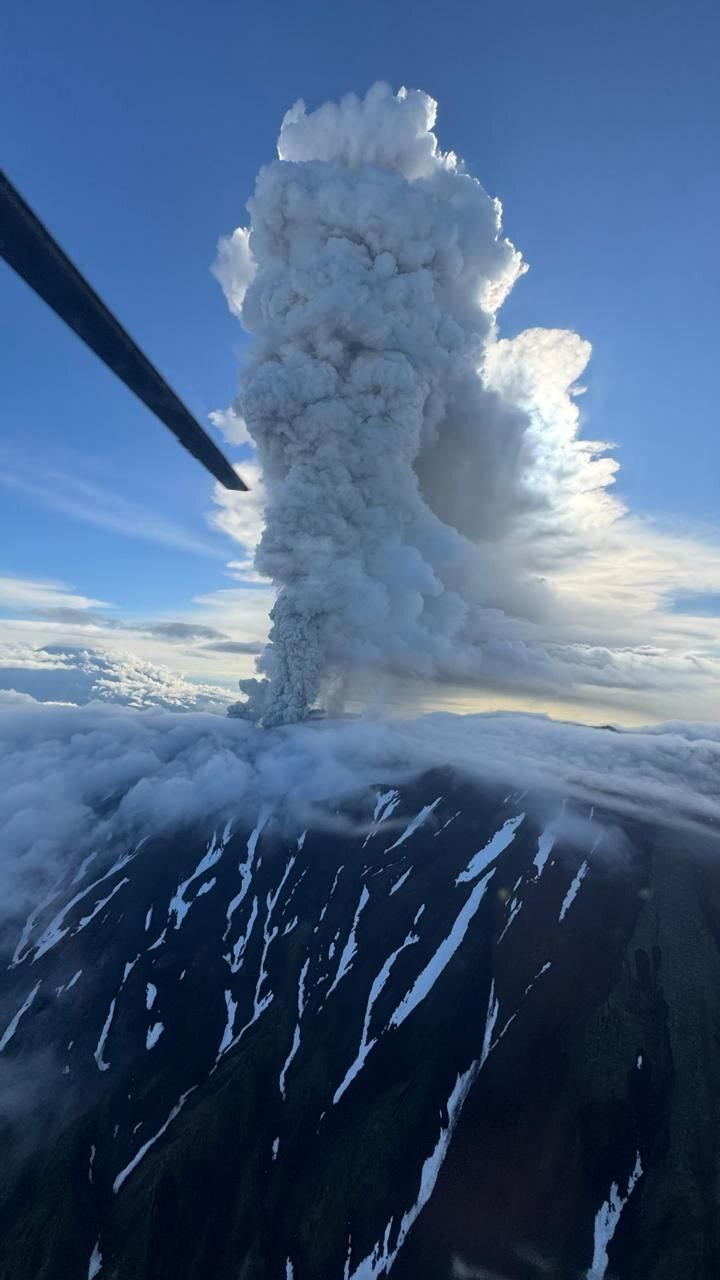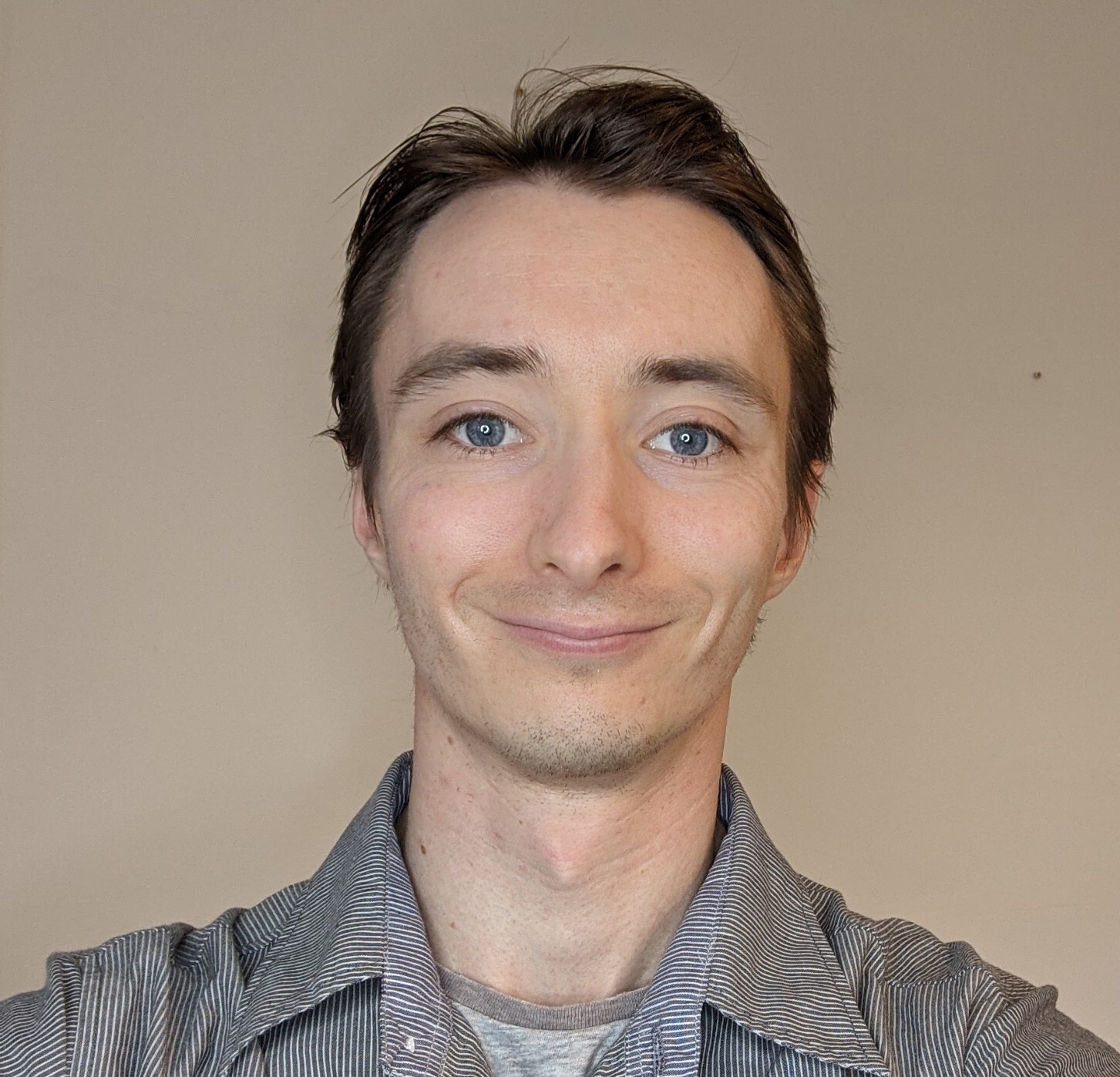Dormant volcano erupts in Russia for first time in around 500 years, days after magnitude 8.8 megaquake
Krasheninnikov volcano has erupted on Russia's Kamchatka Peninsula. This is the second volcano to erupt in the region following the magnitude 8.8 megaquake on July 30.

Get the world’s most fascinating discoveries delivered straight to your inbox.
You are now subscribed
Your newsletter sign-up was successful
Want to add more newsletters?

Delivered Daily
Daily Newsletter
Sign up for the latest discoveries, groundbreaking research and fascinating breakthroughs that impact you and the wider world direct to your inbox.

Once a week
Life's Little Mysteries
Feed your curiosity with an exclusive mystery every week, solved with science and delivered direct to your inbox before it's seen anywhere else.

Once a week
How It Works
Sign up to our free science & technology newsletter for your weekly fix of fascinating articles, quick quizzes, amazing images, and more

Delivered daily
Space.com Newsletter
Breaking space news, the latest updates on rocket launches, skywatching events and more!

Once a month
Watch This Space
Sign up to our monthly entertainment newsletter to keep up with all our coverage of the latest sci-fi and space movies, tv shows, games and books.

Once a week
Night Sky This Week
Discover this week's must-see night sky events, moon phases, and stunning astrophotos. Sign up for our skywatching newsletter and explore the universe with us!
Join the club
Get full access to premium articles, exclusive features and a growing list of member rewards.
A long-dormant volcano has erupted on Russia's Kamchatka Peninsula just days after a magnitude 8.8 megaquake rocked the region on July 30. It is the second volcano to blow its top in the region in the last five days, following the eruption of Klyuchevskoy within hours of last week's quake.
The roughly 6,000-foot-tall (1,800 meters) Krasheninnikov volcano erupted overnight into Sunday (Aug. 3), for the first time in about 500 years. The eruption blew a plume of ash 3.7 miles (6 kilometers) into the sky but posed no threat to populated areas, Russia's Ministry for Emergency Situations for the Kamchatka Territory wrote in Telegram posts.
A magnitude 7.0 earthquake also hit the region on Sunday. The National Oceanic and Atmospheric Administration (NOAA) Tsunami Warning System registered the latest earthquake at 6:37 a.m. local time in the Kuril Islands, a volcanic archipelago that stretches from the southern end of the Kamchatka Peninsula to the northeastern tip of Japan.


Following the earthquake, Russia issued a tsunami warning for the peninsula, but officials later cancelled this alert, Reuters reported.
This latest eruption and earthquake could be linked to the megaquake that hit the peninsula on July 30, which is also thought to have intensified the eruption of Klyuchevskoy volcano.
Related: 400-mile-long chain of fossilized volcanoes discovered beneath China
Last week, Russian scientists warned that strong aftershocks could occur in the peninsula region for several weeks, Reuters reported.
Get the world’s most fascinating discoveries delivered straight to your inbox.
It's unclear precisely what time the Krasheninnikov volcano began erupting. Nikolai Solovyov, head of the security service of Russia's Federal State Budgetary Institution "Kronotsky State Nature Reserve," reported receiving a message about the beginning of the eruption at 6 a.m. local time on Sunday, according to a translated statement released by the Kronotsky State Nature Reserve, where the volcano is located.
Krasheninnikov volcano has been dormant for hundreds of years. Olga Girina, head of the Kamchatka Volcanic Eruption Response Team, told Russia's RIA state news agency that this was the first historically confirmed eruption in 600 years, Reuters reported. On the Institute of Volcanology and Seismology Telegram channel, Girina also said that the last lava effusion, or outpouring of lava, occurred within 40 years of 1463, Reuters reported. However, the Smithsonian Institution's Global Volcanism Program states that the last known eruption was later, in 1550.
Researchers still have a lot to learn about last week's megaquake and the more recent activity on the Kamchatka Peninsula. Large earthquakes (magnitude 6.0 or higher) can be linked to subsequent eruptions or volcanic unrest. However, the volcanoes must already be poised to erupt for this to be the case, with enough "eruptible" magma and significant pressure where the magma is stored, according to the U.S. Geological Survey (USGS) website
"If those conditions exist, it's possible that large tectonic earthquakes might cause dissolved gases to come out of the magma (like a shaken soda bottle), increasing the pressure and possibly leading to an eruption," USGS representatives wrote on the website.

Patrick Pester is the trending news writer at Live Science. His work has appeared on other science websites, such as BBC Science Focus and Scientific American. Patrick retrained as a journalist after spending his early career working in zoos and wildlife conservation. He was awarded the Master's Excellence Scholarship to study at Cardiff University where he completed a master's degree in international journalism. He also has a second master's degree in biodiversity, evolution and conservation in action from Middlesex University London. When he isn't writing news, Patrick investigates the sale of human remains.
You must confirm your public display name before commenting
Please logout and then login again, you will then be prompted to enter your display name.
 Live Science Plus
Live Science Plus










